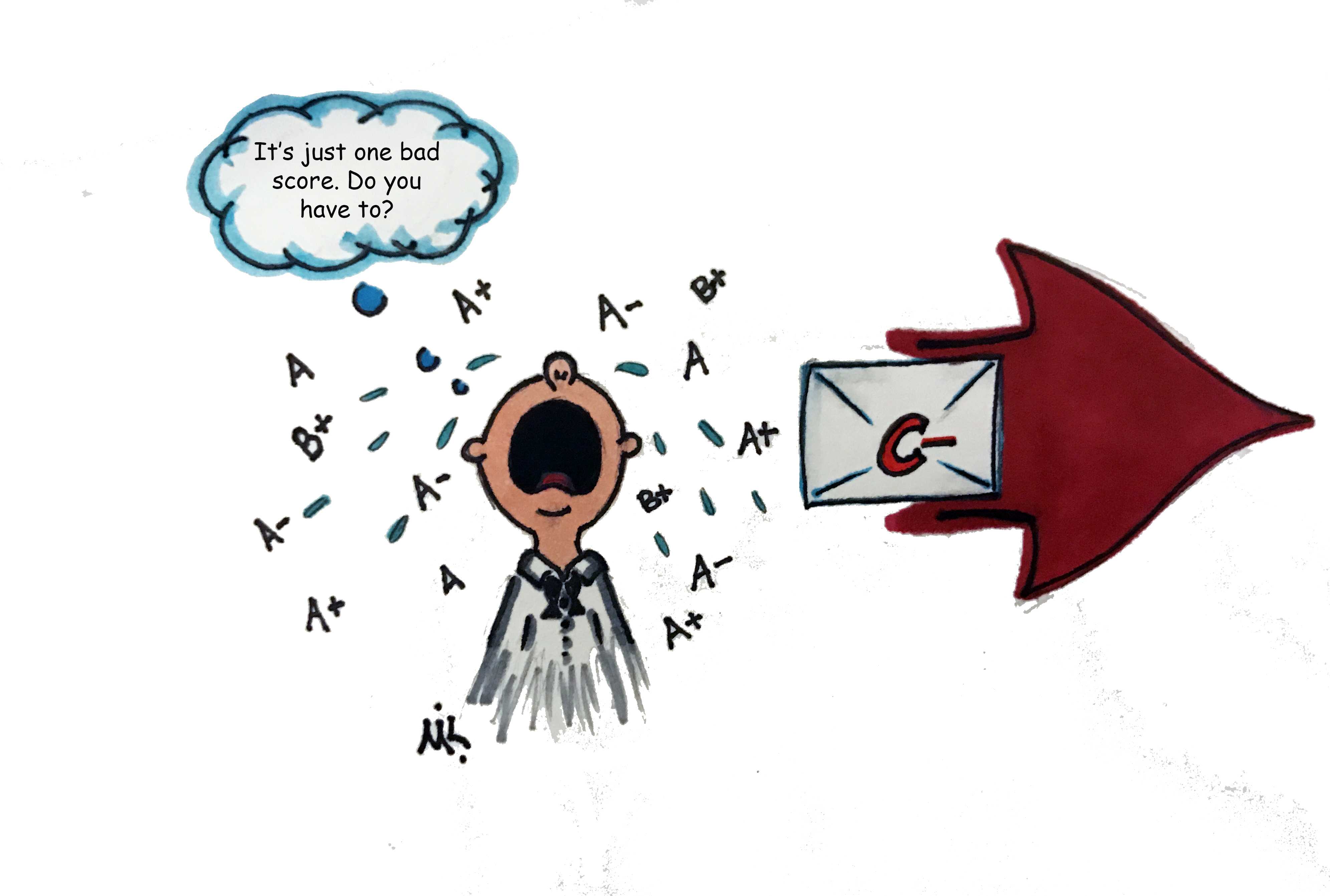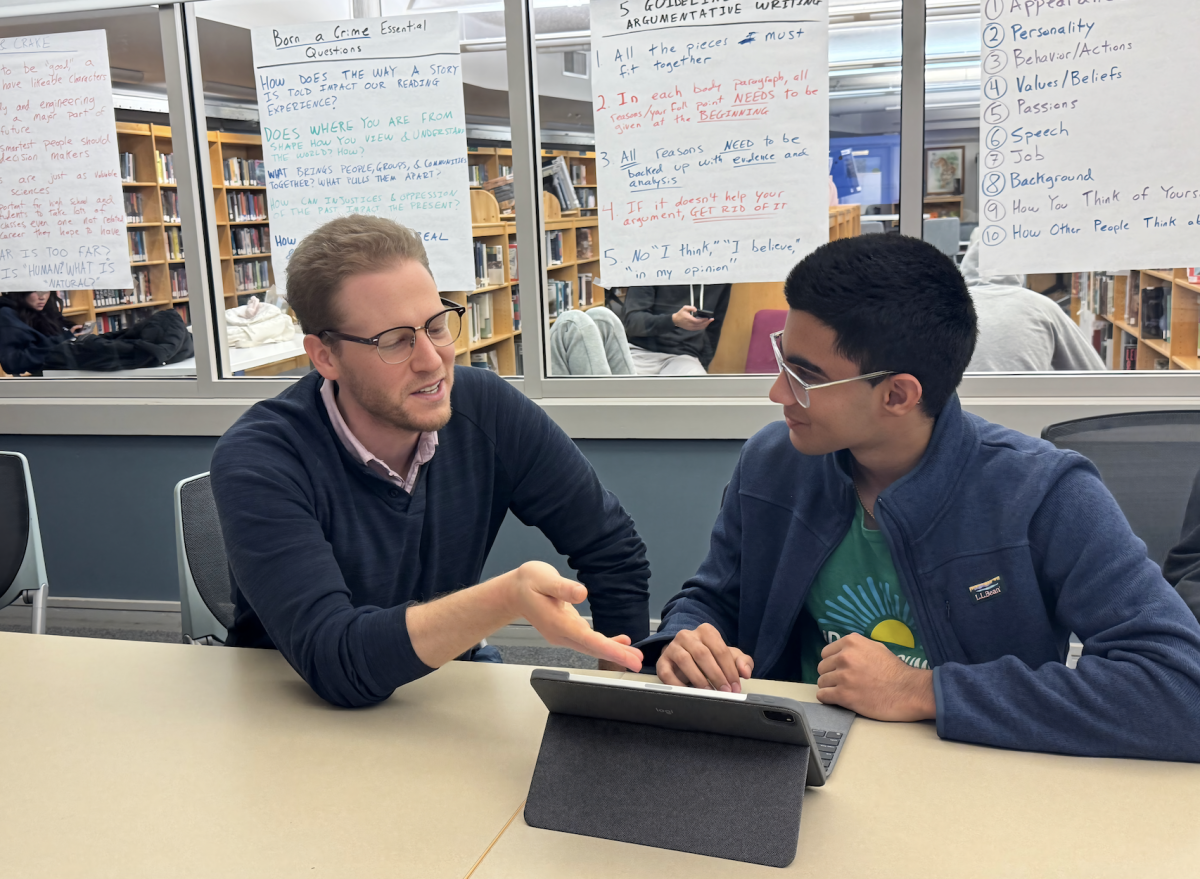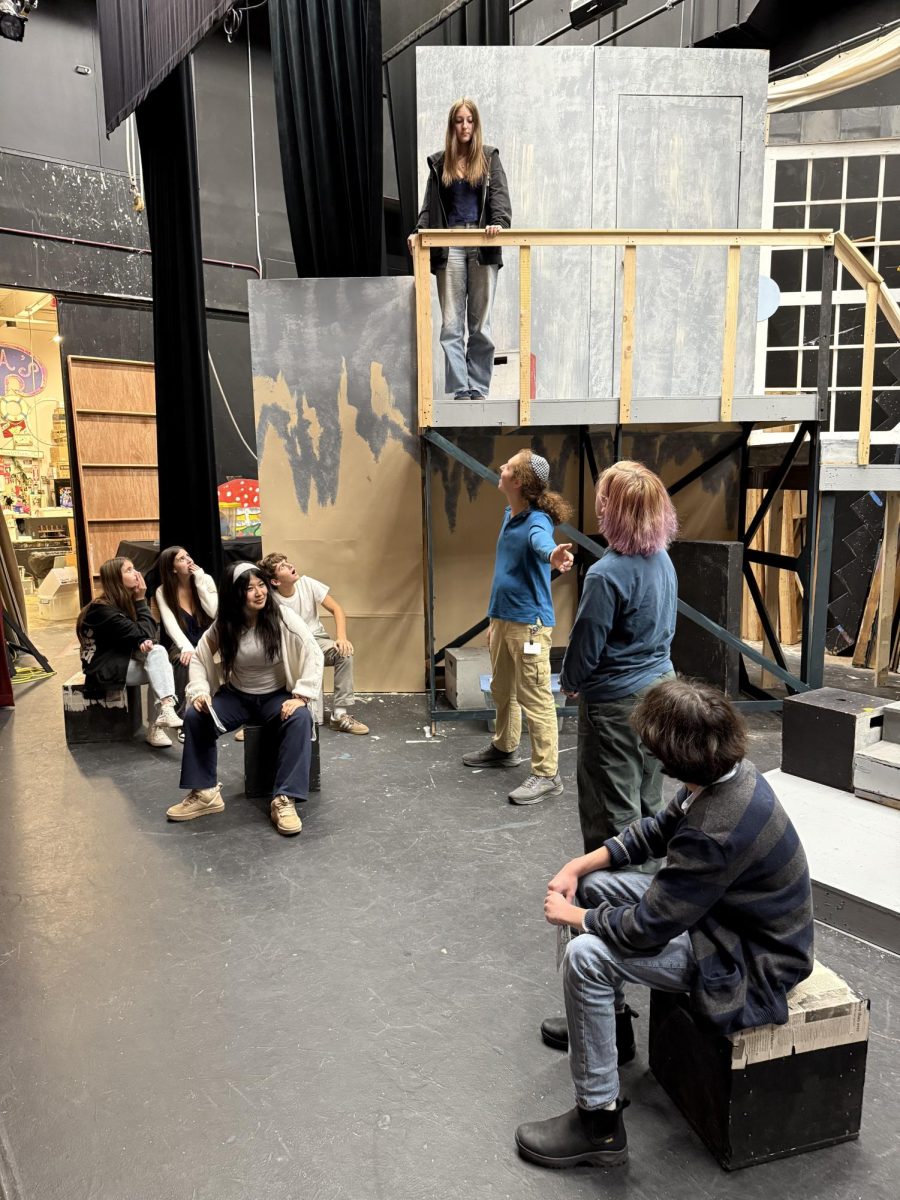
In his weekly email update to teachers, Upper School Head Joshua Neudel recently announced guidelines regarding when teachers should reach out to guardians about academic concerns.
In the message, Neudel asks teachers to “officially communicate” with guardians when a student receives a C- or below on any assessment, has a significant drop in grade, or two or more homework assignments are missed in a single week. Teachers are also encouraged to reach out when a typically high-performing student earns a lower than expected grade.
“People are going to independent schools for a more individualized education,” Neudel says, noting that he wants to make sure students receive additional academic support.
Still, not all students appreciate the added concern. “I do not think this policy is necessary because one assessment does not define a student,” says Hanna Spivak ’20. “We are teenagers and we have a lot going on in our lives. One bad grade on a test should not be sent home.”
Neudel said that he announced the policy—which he described as more of a reminder of existing guidelines—partly in response to parent feedback about an occasional lack of communication from teachers to parents, which could prevent students from “falling through the cracks.”
“I do not think this is necessarily a new policy,” says Joshua Neudel. “I think its a clarification because different teachers were doing different things when it came to communicating with students about their grades.”
Either way, the policy comes in addition to when guardians and students receive formal updates on grades — which occurs at least twice a quarter, with four academic warning periods each year for students who earn a C- or below in any course.
Moreover, formal parent-teacher conferences are held once each semester. At least twice a year, teachers also write comments about their students’ academic performance, which highlights an individual’s strengths and how one can improve.
“We want students to be self advocates,” says Neudel. “The hope is for students to feel more comfortable getting help and reaching out to a teacher. If the student knows the communication will go home, they may be more likely to share how they did.”
Jack Donnelly ’17 appreciates Neudel’s concern, but he also says that “students should be responsible enough to communicate with parents.” An online gradebook, where students can see where they stand as soon as teachers make updated entries, could mitigate communication concerns, says Donnelly.
[polldaddy poll=”9717954″]






















































